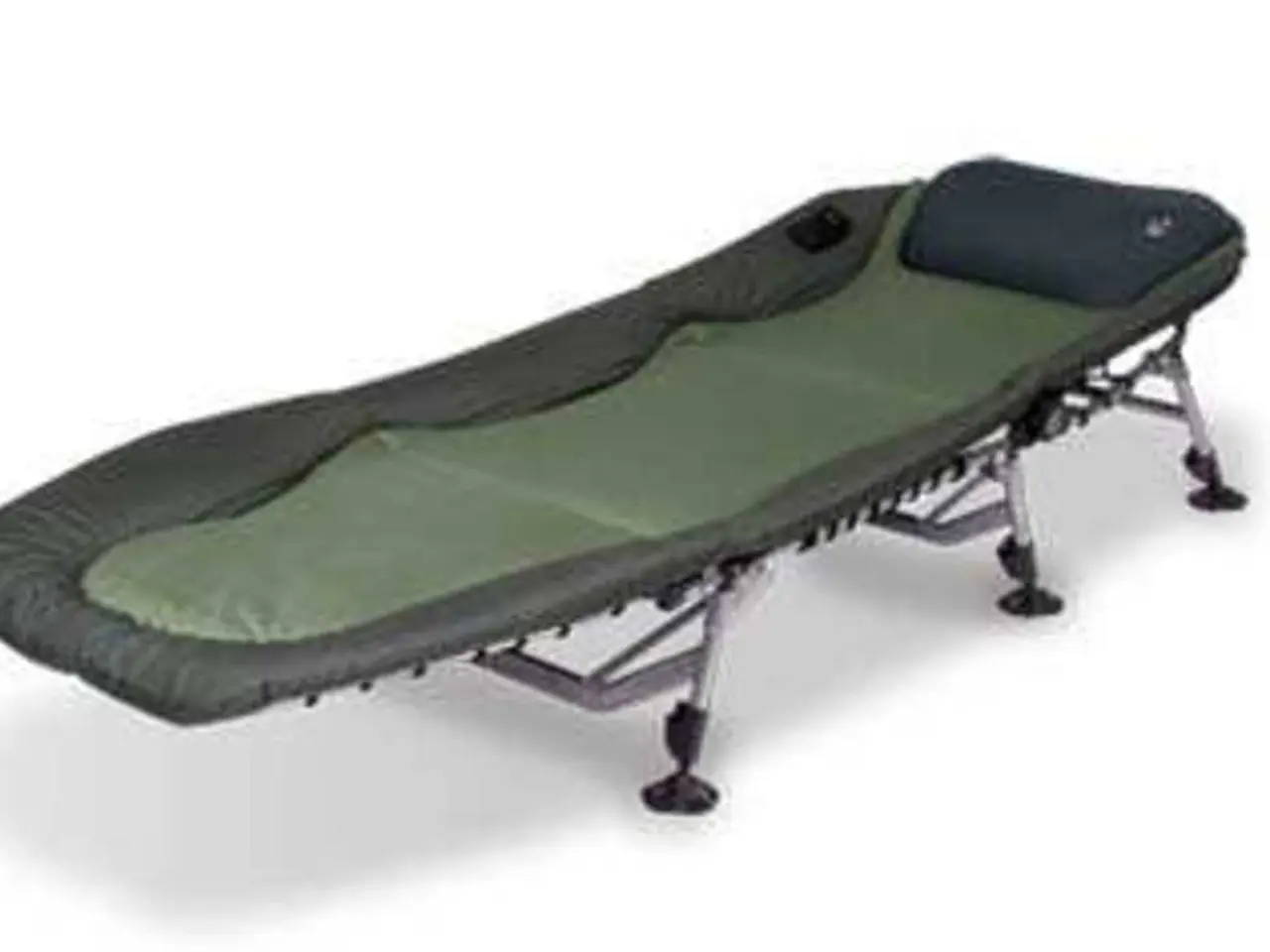Enhancing Your Core Muscles to Avoid Herniated Discs
The importance of a strong core cannot be overstated when it comes to maintaining a healthy and pain-free back. By focusing on exercises that target these vital muscles, you can reduce the risk of injuries, improve overall posture, and even prevent conditions like herniated discs.
The core muscles, which include the muscles of the abdomen, back, and pelvis, work together to support the spine and maintain proper posture. Weak core muscles can increase the risk of a herniated disc and other spinal issues.
One effective exercise for targeting the core muscles is the Mountain Climber. This dynamic movement not only strengthens the core but also improves cardiovascular endurance. Another core-strengthening exercise is the Bird Dog, where you extend one arm and the opposite leg at the same time, engaging your core to maintain balance.
Performing the Plank exercise is also a great way to strengthen your core. Holding this position for an extended period challenges your core muscles, helping them become stronger and more stable. The Superman exercise, where you lift your arms, chest, and legs off the ground simultaneously, is another effective core exercise that provides a full-body workout.
Incorporating aerobic exercises like walking, jogging, or swimming into your routine can aid in weight management and strengthen the cardiovascular system. Maintaining a healthy weight is crucial in reducing the strain on the spine, thus lowering the risk of a herniated disc.
However, it's essential to consult with a healthcare professional or a certified fitness trainer before starting any new exercise program, especially if you have a history of back pain or underlying medical conditions.
A herniated disc, also known as a slipped disc or disc prolapse, is a condition where the soft inner portion of a spinal disc protrudes through the tough outer ring. This can cause compression or irritation of nearby nerves, leading to pain, numbness, or weakness in the affected area.
Various factors can cause a herniated disc, including age-related degeneration, repetitive strain, lifting heavy objects with improper form, or sudden trauma to the spine. Certain risk factors can increase the likelihood of developing a herniated disc, such as poor posture, sedentary lifestyle, obesity, and weak core muscles.
If you suspect you have a herniated disc, it's crucial to seek professional help. Our clinic offers advanced herniated disc treatment options, tailored to each patient's unique needs. Reliable sources for learning about these treatments include specialized centers in minimally invasive spine surgery like RIWOspine, expert spine surgeons such as Dr. Biren Desai in Cologne, and clinics offering endoscopic and intervention-based therapies. These sources provide detailed information on modern surgical and non-surgical options, patient-focused rehabilitation protocols, and a commitment to delivering the best possible care.
By strengthening your core muscles, you can provide better support to your spine, reduce the risk of disc herniation, and maintain a healthy and pain-free back. Start today by incorporating core-strengthening exercises into your routine and taking steps towards a healthier, stronger you.





